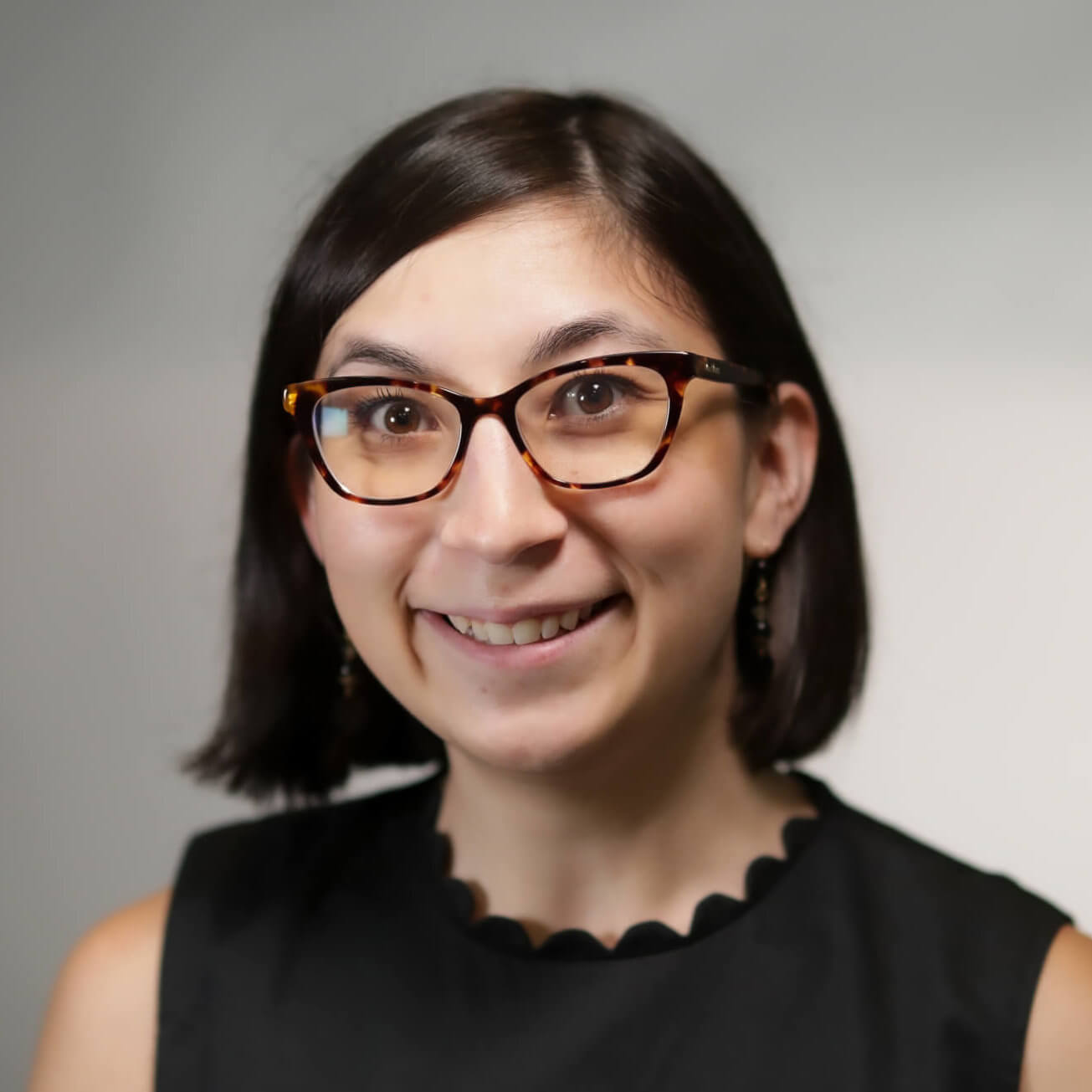
BlurryMe | Shutterstock
There’s a new kid on the block when it comes to getting people involved with getting to know their local school boards: We the People For Education.
Fed up with the small but vocal groups that have brought the country’s culture wars to their local school districts, a new organization of Virginians has formed to push back against disinformation and help elect local, pro-public education leaders.
We The People For Education (WTPFE) wants to return local school districts’ focus to its students and tamp down on the extreme rhetoric pushed by some activists and elected officials. They’re tired of efforts like book bans that both target specific groups of people and can divide their local communities.
Sarah Gross, president of WTPFE’s board, and Tiffany Van Der Hyde, the group’s executive director, talked with Dogwood to help share the message they want to convey to people across the commonwealth, from Southwest Virginia to the Eastern Shore, and everywhere in between.
“In the recent past, we’ve seen the space inside of school boards and around public education become increasingly more divisive,” said Sarah Gross, who noted that the current “toxic” environment has hindered efforts to improve local education.
Anne Holton, who served as Virginia’s Secretary of Education from 2014-2016, helped lead the charge to create this new organization.
“We were watching what was happening across the commonwealth with divisive language, political agendas, and the sort of pitting parents against each other instead of focusing on what we know works in public schools,” Gross said.
Holton is also on the founding Advisory Board for WTPFE.
She helped gather up “smart, powerful, intelligent, hardworking” people in the public education sector, including state experts from Virginia, into what would eventually become WTPFE.
The organization wants to work with communities statewide to get people more involved with their local school boards and to help support candidates who support their mission.
“We understand that the problems we want to fix and the people we want to be able to reach out and support and help in this effort are from Roanoke to Virginia Beach to Fairfax to Harrisonburg and Rockingham; they’re everywhere,” said Van Der Hyde.
In Virginia, pretty much every locality has some sort of school board race coming up this year.
“I think as far as where people should pay attention, it’s their own backyard; it’s their own neighborhood school, school board races, it’s who’s at the end of your ballot,” she said. “Whether it’s you running…whether it’s starting a group of like-minded parents, or supporting another local entity who’s really focused on sound policy and student mental health, and supporting our teachers…I think there’s something in every community to be done right now,” she said.
Gross thinks that one of the most accessible races for parents to engage with and get effectively engaged around is the school board race.
“The people who are running are your neighbors and the people who should be running are your neighbors. Continuing to have thoughtful, open-minded conversations with [people] who are on the playground with you or in the grocery line with you…to make sure that parents have an understanding that candidates are very accessible to them.”
As an organization, the members of WTPFE want to make sure that local leaders are working together effectively with parents and educators to help support and enrich public schools for students to thrive.
“What’s working in one locality might not be working in another, so our effort is to begin by electing school board candidates who value public schools who reject extremist agendas and are intended to effectively serve their community,” Gross said, noting that extremist views are starting to take over these conversations.
“We want our teachers to be empowered, we want our students to be supported from a mental health standpoint, we want our administrators to feel that they are being handed policies by their school boards that actually create effective schools, and help support the work that they’re already doing.”
When it comes to specific issues, the group is committing itself to finding the right candidates for school boards, as well as getting them elected and providing the additional support to help ensure good governance after elections have come and gone.
“Personally, as a parent advocate, I want to ensure that parents continue to feel empowered to make their way into their schools, to make their way to school board podiums to be heard, to be able to feel like they can have hard conversations with the people around them, because they have the tools and the language to be able to do that, rather than potentially being scared off by extremist rhetoric that I don’t think effectively represents the majority of our families and our parents,” Gross said.
One of the goals for the organization is to insert itself into the conversation in a more robust manner.
“This echo chamber of extremist rhetoric is new to our school board meeting rooms. We can lean in in a more robust way around family engagement around talking points around education of when someone says this, this is what they actually mean,” Gross said.
Whether it’s pushing back on fear-based rhetoric, the rebound from learning loss from the COVID-19 pandemic, or even helping to ensure stronger policies for student mental health in schools, the organization wants to bring issues that matter the most to students and how they learn to a higher platform, while bringing back moderate language to help counter the extremist language.
The organization also helps break down things that can be shared in the social media sphere, to help increase the digital conversation. Members use that information to “mine” communities to learn what the most important topics are for different groups, and how to help with outreach.
“Understanding that space and then providing education and working with statewide partners to ensure that there’s honest, intelligent information that’s out there, breaking apart the screaming and yelling and creating a more productive conversation,” Gross said.
For Van Der Hyde, meeting people where they are, whether it’s parents, teachers, the community is one of the best ways to reach out to people.
“Folks don’t know where to go to for that information. In order to help folks be successful in theses spaces, we’re really trying to meet them where they are; give them the toolkits, give them the information so that they can make their own decisions of whether the best way for them to engage is to step up and run for office or school board, or joining their [local] PTA, or to create an organization dedicated to student mental health and safety; whatever they find is the most important thing,” she said.
Breaking down the complicated issues into how they impact students in their day-to-day lives in school also makes it easier to foster conversation, whether or not they have a child in the school system, or are even a graduate of the public school system.
“Even if you don’t have children in a public school system, I think there’s a lot of things at the top of mind when it comes to education and issues surrounding our children,” Van Der Hyde said, “I think making sure that we are providing accurate, digestible information that that folks can then take and do something with, I think that is where we can really play a strong role online and really help also connect these parents and connect these individuals who want to get involved if something great is happening [in their region].”
For The Future
Looking ahead to the future, the people behind We The People For Education want to see public schools and public school boards focusing on policies that help support student growth, instead of hindering it. As Sarah Gross puts it, “an actual plan.”
“I would hope that our schools continue to grow as safe supportive environments for students, and that communities, students, and families feel welcomed into those buildings. Lastly, and really equally as important is a more proactive effort to effectively compensate and retain our teachers,” she said.
Tiffany Van Der Hyde said that from her perspective, changes in student outcomes aren’t possible without changes in adult behavior.
“I think one of the things we’re really focused on is when looking at school board candidates and looking at people who want to make an impact at the local level is [if they’ll] govern ethically and responsibly? Are they going to be good stewards for local tax dollars? Are they going to be advocates for their community and representative of the people who they’re supporting in their community,” she noted.
Ultimately the people behind WTPFE want to make sure that they’re focused on getting people who can govern respectively and have hard conversations with dignity and respect for everyone in the community, building “on ramps” for parents and community members to engage with the important work.
Politics

Democratic shakeup in Virginia primaries for governor, lieutenant governor
Richmond Mayor Levar Stoney quit his bid for governor and jumped into the race to be the Democratic nominee for lieutenant governor. The race for...

New Biden rule protects privacy of women seeking abortions
Under the new rules, state officials and law enforcement cannot obtain medical records related to lawful reproductive health care with the goal of...
Local News

Virginia verses: Celebrating 5 poetic icons for National Poetry Month
There’s no shortage of great writers when it comes to our commonwealth. From the haunting verses of Edgar Allan Poe, who found solace in Richmond's...

Join the fun: Recapping Family Literacy Night’s storybook adventures
When’s the last time you read a book aloud with a loved one? If it’s difficult to answer that question, then maybe it’s time to dust off that TBR...





